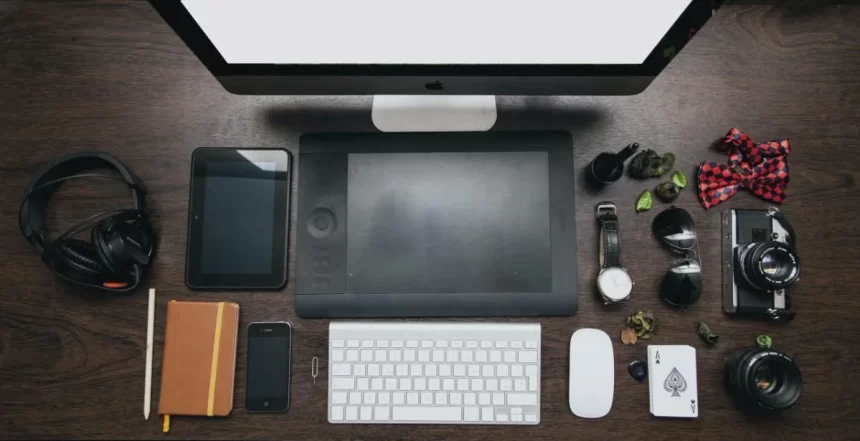Covid-19 has fundamentally changed the relationship between companies and their frontline employees. The apps of the workforce themselves prove to be a vital tool in keeping everyone informed and ready to accept the new normal. Fast forward to 2020 and several businesses have acknowledged that the devices workers carry in their pockets are important. These workers spend an increasing part of their lives and represent how they want to live it. With this, BYOD in Retail and various other industries is emerging for fruitful outcomes.
People have become so expert at using their own devices that any corporate device must provide a similarly seamless experience. Many companies have realized about allowing employees to use their personal devices during the Covid-19 pandemic. They became the connection between companies and their frontline employees, enabling them to communicate critical information to everyone. It seems like BYOD in Retail is here to stay.
Below are a few ways in which enabling BYOD in Retail will be important for productivity and happiness of employees.
- In the retail industry, they can work from anywhere: Frontline workers are on the move like never before and have become sales experts’ walking points. Some were making personal deliveries to consumers who lived near them or on their way home during the lockdown. Others brought orders out of the store to the customer’s car for deliveries on the kerbside. And employees used to work at a single location were more often redeployed to new tasks to cope with unique patterns and demand volumes. The device from which employees receive their daily updates and training has to be the one they carry with them every time, and it has to be smart, that’s beyond doubt. Now, BYOD in Retail is important.
- They can collaborate: In retail, fewer activities are now solos, apart from stock-taking. The staff wants to connect physically or over the network. Personal devices are now the employee’s mouth, ears, and eyes on the move.
- They can access company data and apps: No company wants to be reminded how much time and money has gone into training frontline employees to use corporate apps through desktop devices. It seems that the more significant the device, the higher the use, and intensive classroom training is required. Staff will only have to use specified and task-oriented skills via mobile apps.
- They can train and cross-train more effectively: It was unlikely that switching from role to role during the crisis would have been smooth unless processes and protocols were in place to handle them. Relevant applications on staff devices can help them understand the role requirements and demonstrate the necessary skills to the management. It also offers them the option of providing immediate support and continuous reminders of the things they need to do every day.









